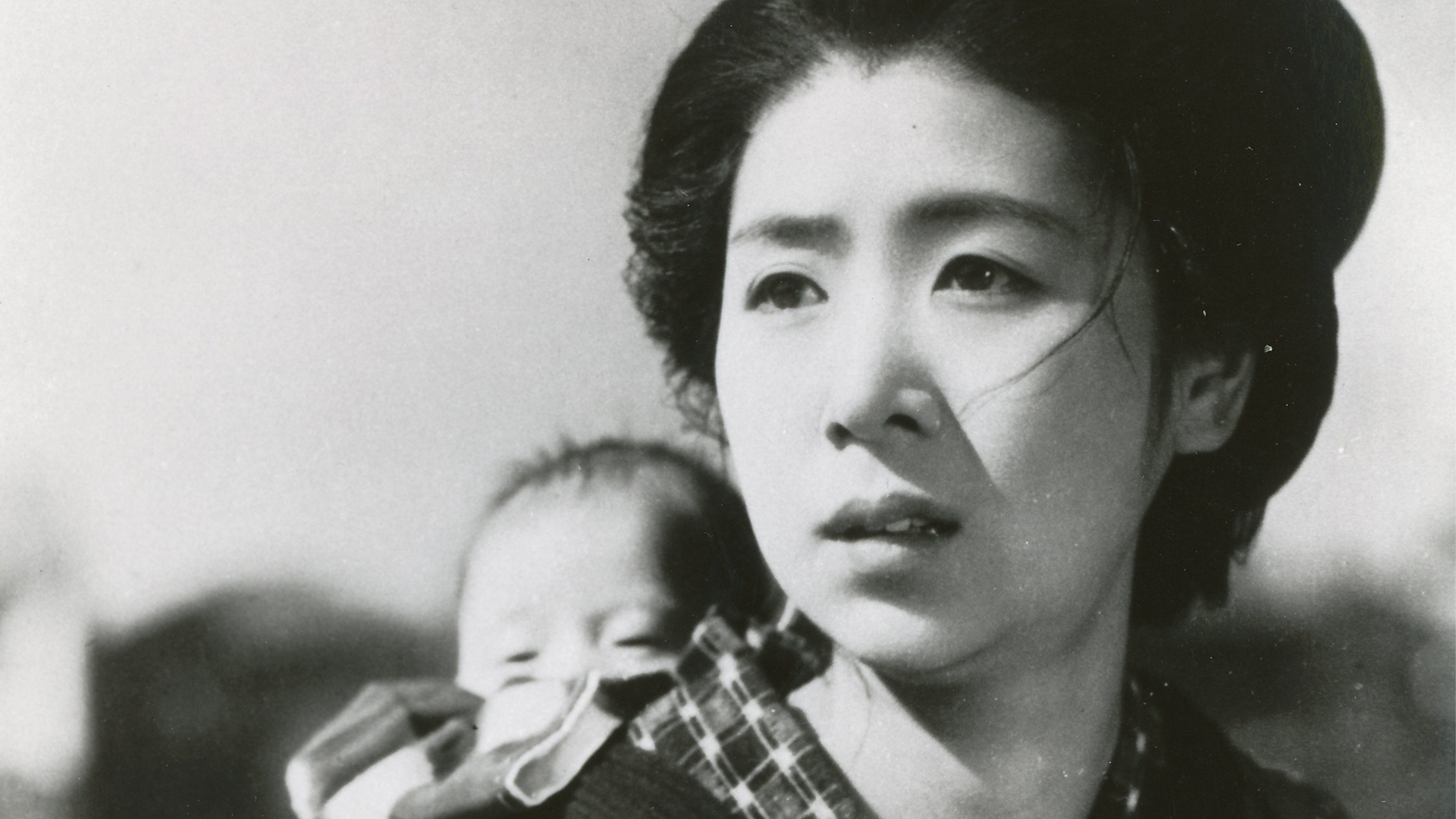
Keisuke KINOSHITA 木下恵介
Army
Nippon Retro ²
An emotionally powerful film, ARMY tells the story of a family over three generations. Shooting under strict censorship rules in 1944, KINOSHITA subtly criticizes the heroic image of the Japanese army in the film’s finale, which resulted in him being banned from filmmaking until the end of the war.
Guests:
Daniel OTTO
Thu., June 08, 2023, 17:00
Kino des DFF
With an introduction by Daniel OTTO
35mm, Original with English subtitles
NOT approved for persons under 18 years
Classic Drama Family
陸軍
Rikugun
Japan 1944
87 minutes
Director
Keisuke KINOSHITA
Script
Tadao IKEDA based on a novel by Ashihei HINO
Cinematography
Yoshio TAKETOMI
World sales
Shochiku
Film print
Japan Foundation
Cast
Kinuyo TANAKA, Chishu RYU, Ken MITSUDA, Kazumasa HOSHINO, Haruko SUGIMURA
About Keisuke KINOSHITA
木下恵介
Keisuke KINOSHITA (1912–1998) is considered one of the most important Japanese directors. Starting in 1943, he made popular dramas, comedies, romances, ghost stories and noir films for Studio Shochiku, finding strong images even within conventions. After ARMY (1944), he was not allowed to work until the end of World War II. From 1945 on, the tension between the past and the hope for a new beginning was his central theme. The suffering, responsibility, and moral challenge of the individual are at the heart of many of his dramas. KINOSHITA’s rejection of feudal, militaristic Japan is clearly visible. With CARMEN COMES HOME (1951), he brought the first Japanese color film to the cinema, a summer comedy with serious overtones. KINOSHITA, who also repeatedly addressed the contrast between country and city, is considered the central humanist of post-war Japanese cinema. His sensitively-portrayed characters and their fates continue to touch audiences today.
In cooperation with Japan Foundation Tokyo and Japanisches Kulturinstitut (The Japan Foundation)


